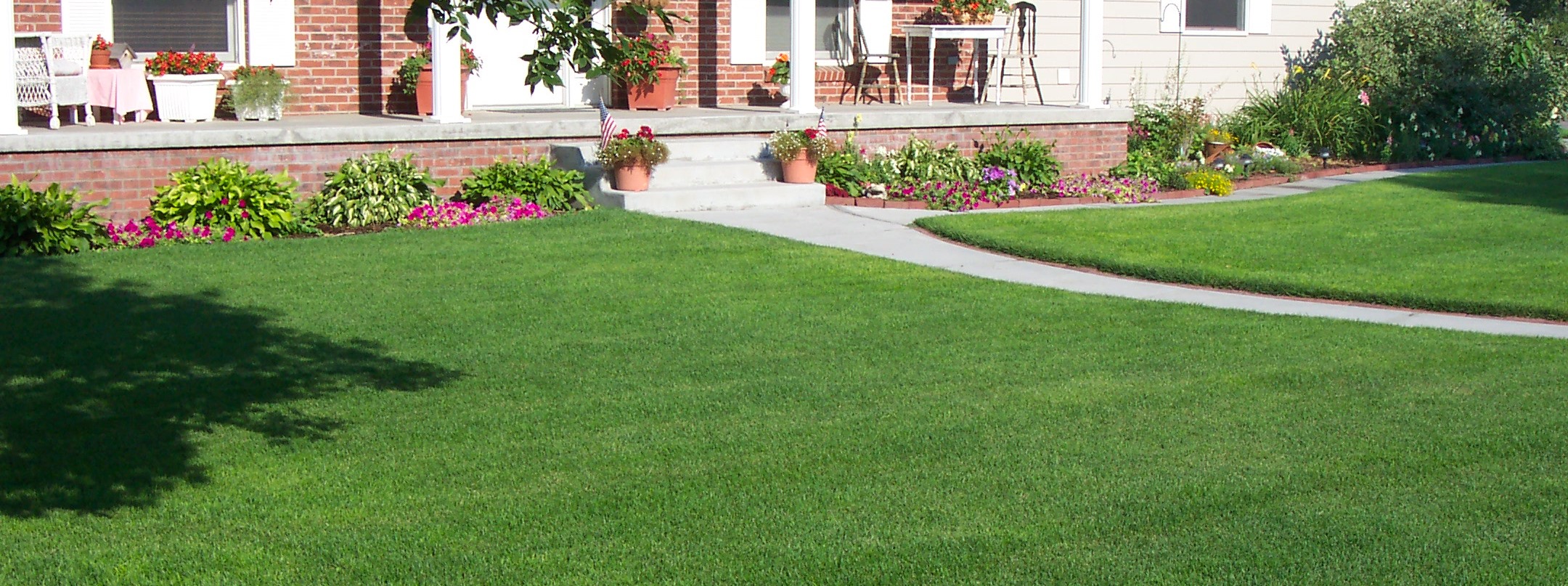
5 Star Bluegrass Blend
Turfgrass blend
Five Star is The Top Ranking Bluegrass Blend. A blend of five of the best bluegrasses on the market today, selected and blended for superior color, texture, and density. Very dark green turf even at m...
- Growing Region: North America
- Blooms:
- Life Form: Grass
- Application Type: Turf
- Height: 0-1 ft
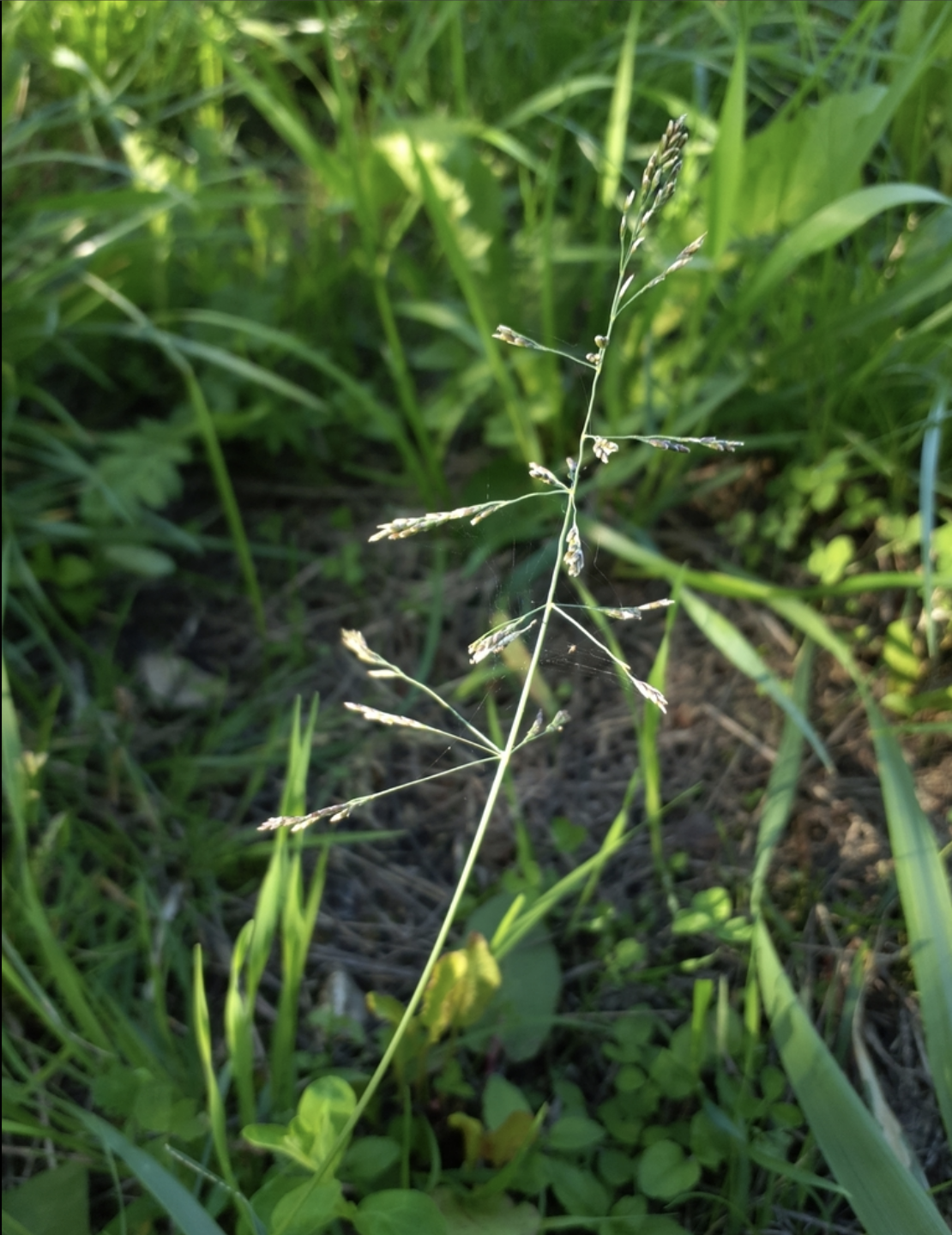
Alkaligrass
Puccinellia distans
Cool season, perennial sod-former with a vigorous and shallow fibrous root system. Adapted to moist or periodically moist, saline soils. Able to withstand intermittent flooding and shallow water table...
- Growing Region: Southwest
- Blooms:
- Life Form: Grass
- Application Type: Commercial Beautification, Land Reclamation, Turf
- Height: 1-2 ft
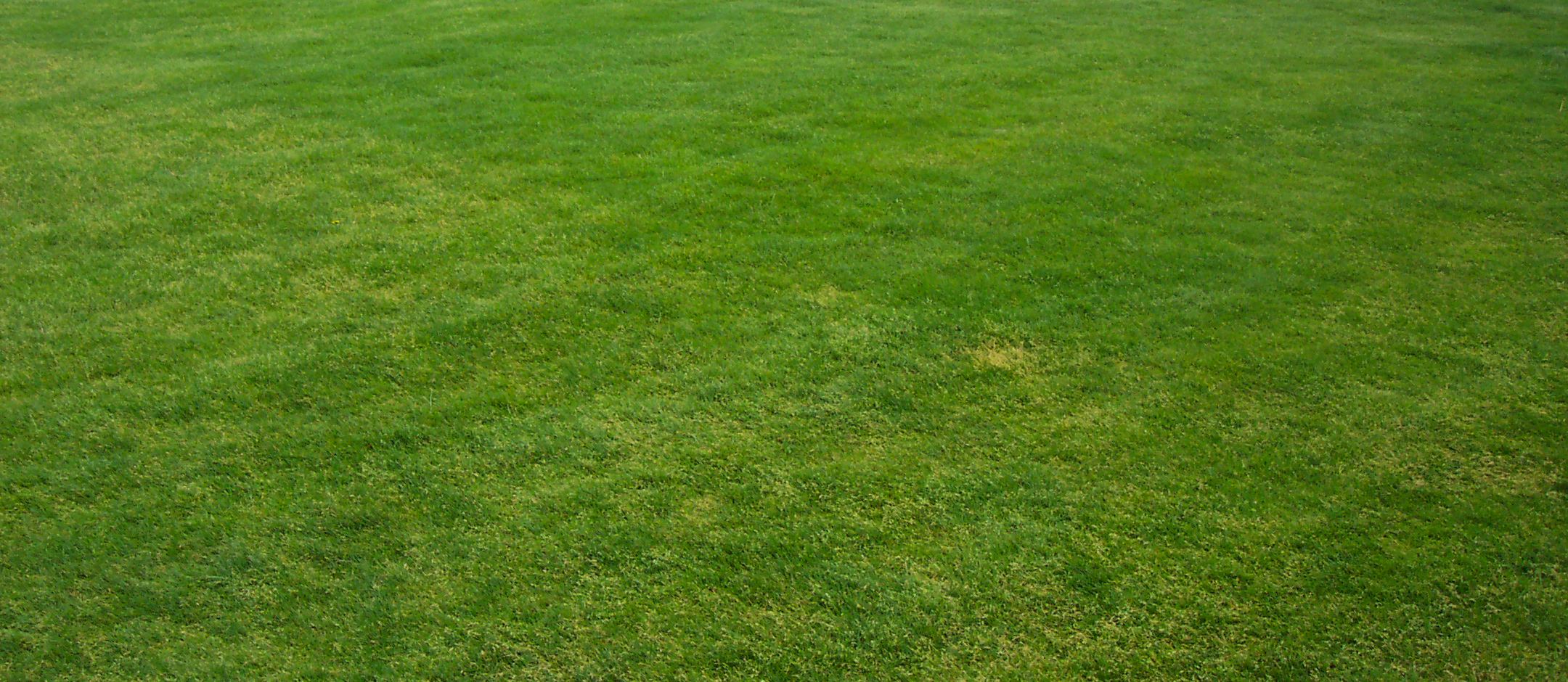
All Purpose Turf Mixture
Mix
Fine quality turf for use on home lawns, parks, and school grounds at an economical price. Very good shade tolerance with acceptable density and color. Good disease resistance. Widely adapted from sun...
- Growing Region:
- Blooms:
- Life Form: Grass
- Application Type: Turf
- Height: 0-1 ft
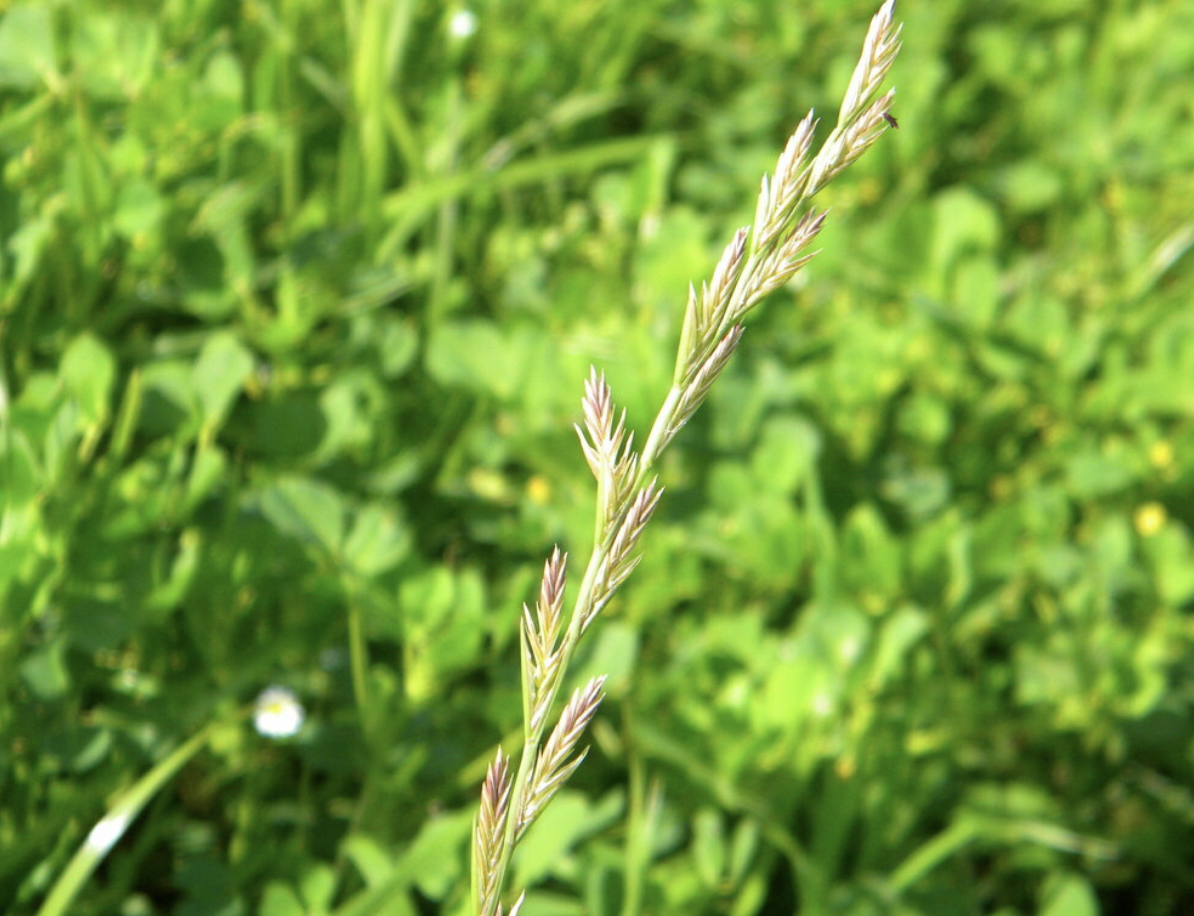
Annual ryegrass
Lolium perenne ssp. multiflorum
Annual Ryegrass is an introduced, cool season bunchgrass and is commonly used alone for establishing quick cover for many applications. This versatile, very fast establishing grass is highly adaptable...
- Growing Region: Midwest, Intermountain West, Southeast, California, Pacific Northwest
- Blooms:
- Life Form: Grass
- Application Type: Land Reclamation, Erosion Control, Commercial Beautification, Turf, Cover Crop, Forage and Pasture
- Height: 1-3 ft
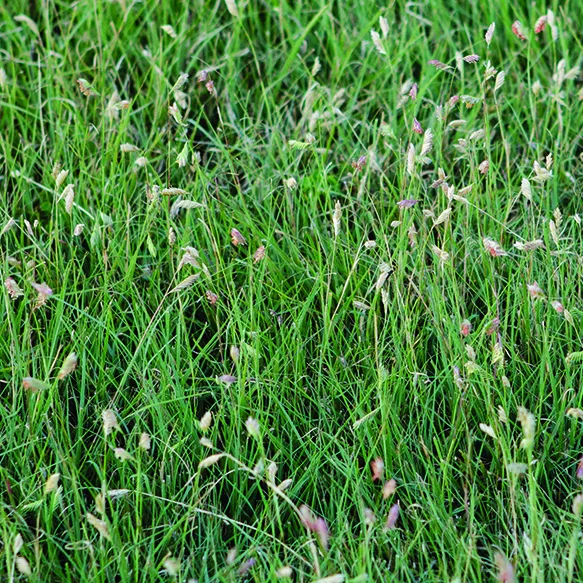
Barefoot Buffalograss Premium Blend
Barefoot Buffalograss Premium Blend
Buffalograss is the ultimate low maintenance lawn. Once established it seldom requires irrigation or fertilization. It is naturally low growing and seldom requires mowing.
- Growing Region: North America
- Blooms:
- Life Form: Grass
- Application Type: Commercial Beautification, Habitat Restoration, Erosion Control, Land Reclamation, Forage and Pasture, Turf
- Height: 0-1 ft
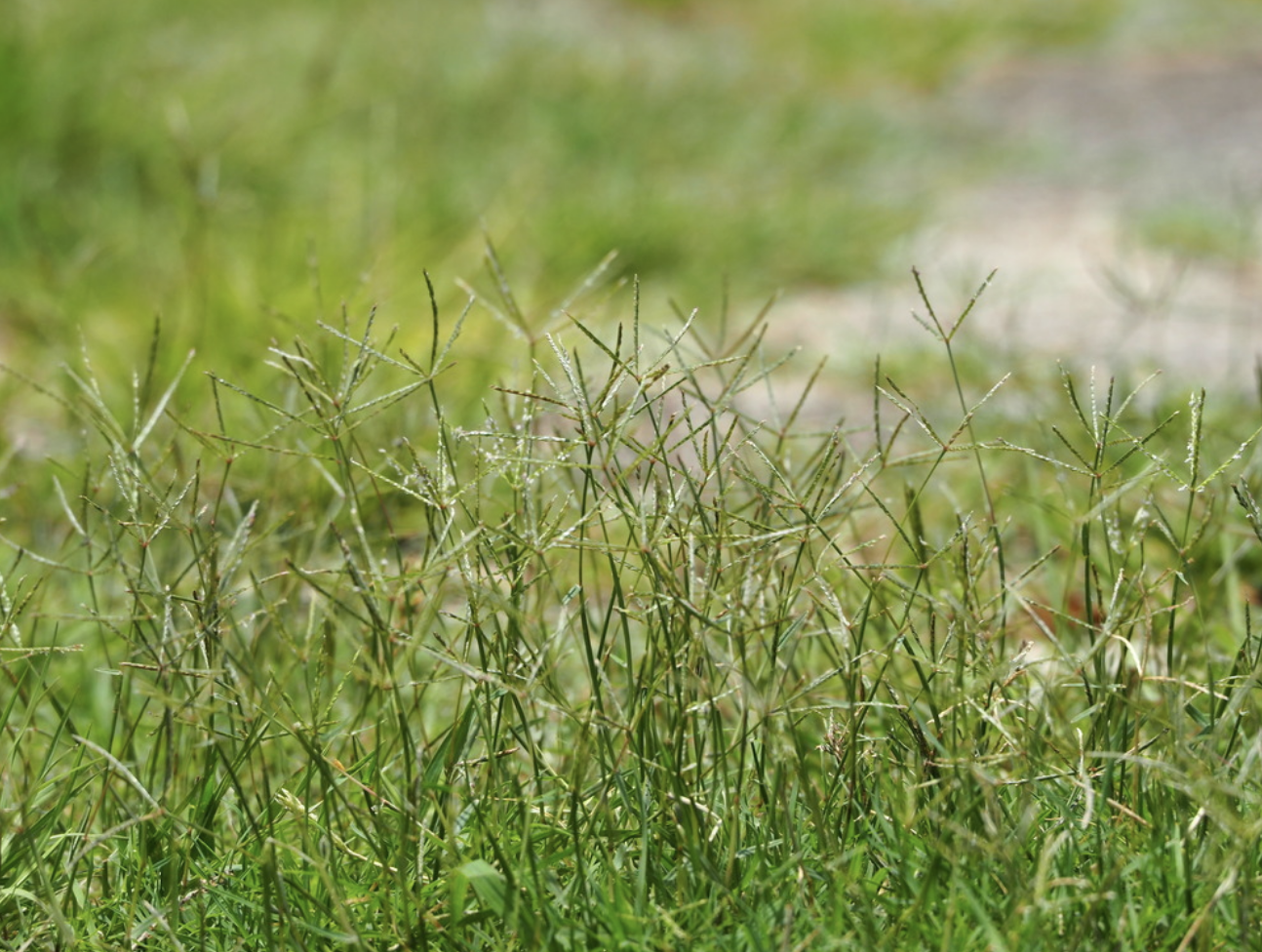
Bermudagrass
Cynodon dactylon
Warm season, long-lived, perennial that spreads from rhizomes and stolons forming dense patches. Adapted to a wide variety of sites, including saline soils. Widely used for erosion control and as high...
- Growing Region: Midwest, Intermountain West, Southeast, Southwest, California, Pacific Northwest, North America
- Blooms:
- Life Form: Grass
- Application Type: Land Reclamation, Erosion Control, Commercial Beautification, Turf
- Height: 1-2 ft
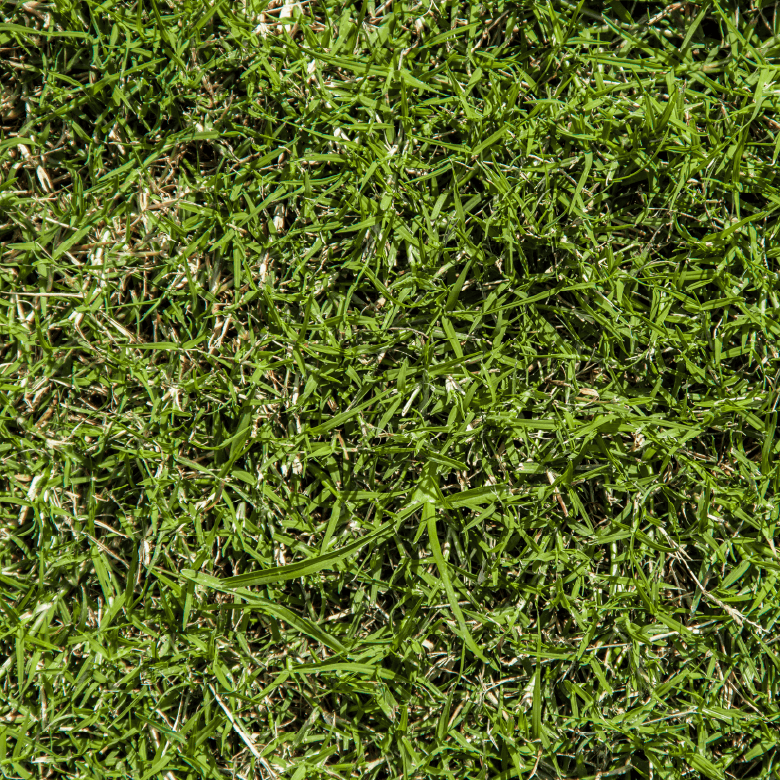
Bermudagrass Blend
Bermudagrass Blend
Varieties of low-growing, high density, low water using, warm season Bermudagrass. Moderate to dark green colored, medium textured leaves. Use in golf courses, parks, commercial landscapes and premium...
- Growing Region: Southwest, Southeast, Midwest
- Blooms:
- Life Form: Grass
- Application Type: Turf
- Height: 0-1 ft

Blue Beauty Blend
Blue Beauty Blend
This elite Kentucky bluegrass blend is perfect for overseeding or establishing lawns and sports fields. It offers dark green color, drought and heat tolerance, high traffic resilience, and de...
- Growing Region: North America
- Blooms:
- Life Form: Grass
- Application Type: Turf
- Height: 0-1 ft
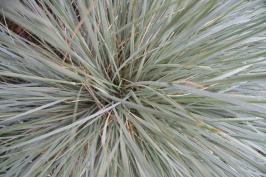
Blue fescue
Festuca ovina glauca
Cool season, short to medium height, perennial bunchgrass adapted to a wide range of soils. Attractive light-blue color, often used as a landscape ornamental. Tolerant of drought, poor soils and road...
- Growing Region: Pacific Northwest
- Blooms:
- Life Form: Grass
- Application Type: Commercial Beautification, Erosion Control, Land Reclamation, Turf
- Height: 4+ ft
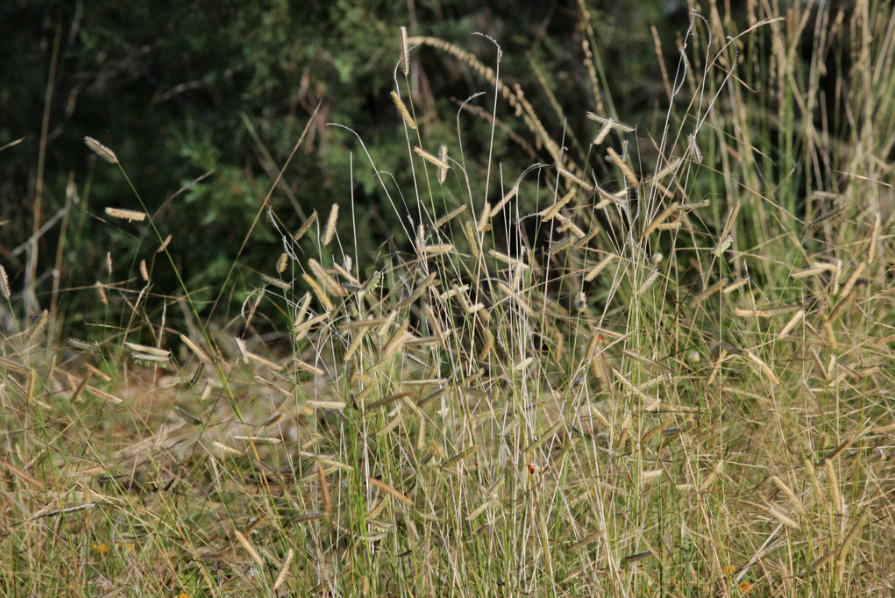
Blue Grama
Bouteloua gracilis
Blue Grama is a native perennial, warm-season grass that is found throughout the United States except many Southeastern states. Along with Buffalograss, this drought tolerant species ranks as the most...
- Growing Region: Southwest, Intermountain West, Midwest
- Blooms:
- Life Form: Grass
- Application Type: Erosion Control, Turf, Commercial Beautification, Land Reclamation, Forage and Pasture
- Height: 1-2 ft
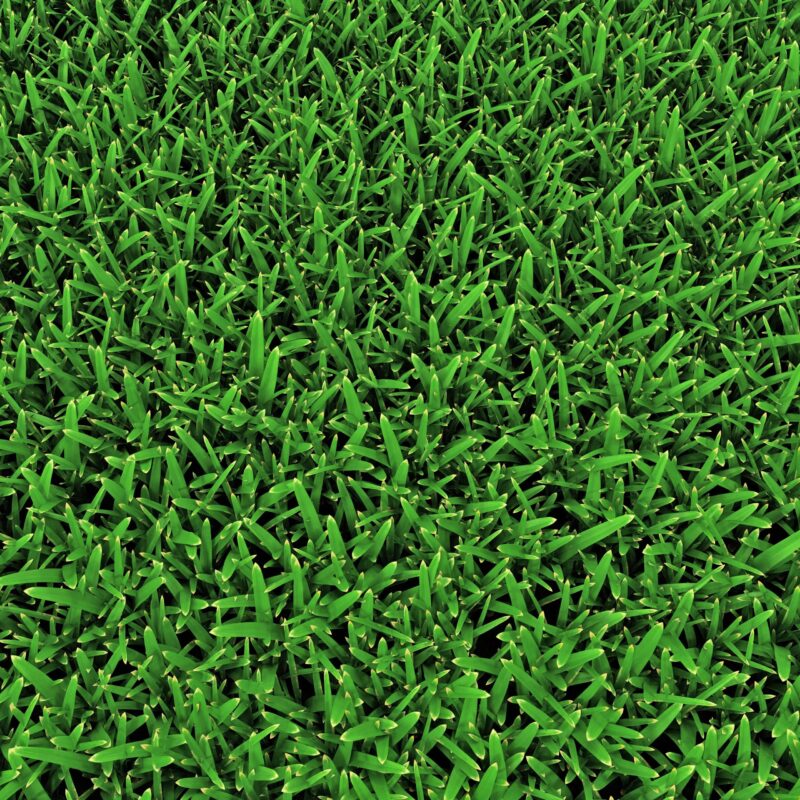
Blue Ribbon Blend
Blue Ribbon Blend
Several elite-type Kentucky bluegrasses and Perennial ryegrasses with dark green color and high traffic tolerance. This attractive blend has a wide range of uses from golf course fairways and roughs,...
- Growing Region: North America
- Blooms:
- Life Form: Grass
- Application Type: Turf
- Height: 0-1 ft
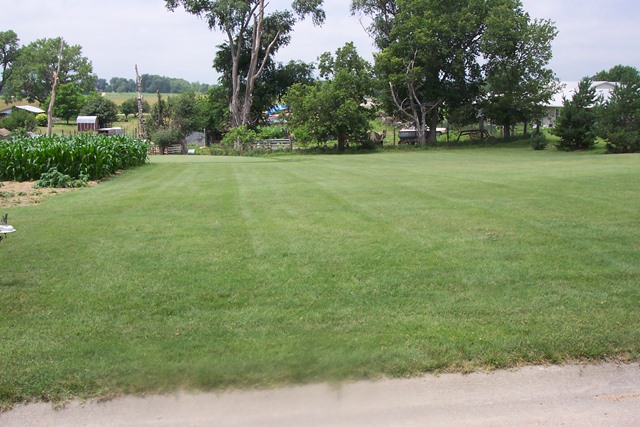
Bowie Buffalograss
Bowie Buffalograss
Developed specifically for turf quality, Bowie will have a medium green color, fine bladed texture, good turf density, and a low growth habit. Improved lateral growth results in quicker establishment,...
- Growing Region:
- Blooms:
- Life Form: Grass
- Application Type: Turf
- Height: 0-1 ft
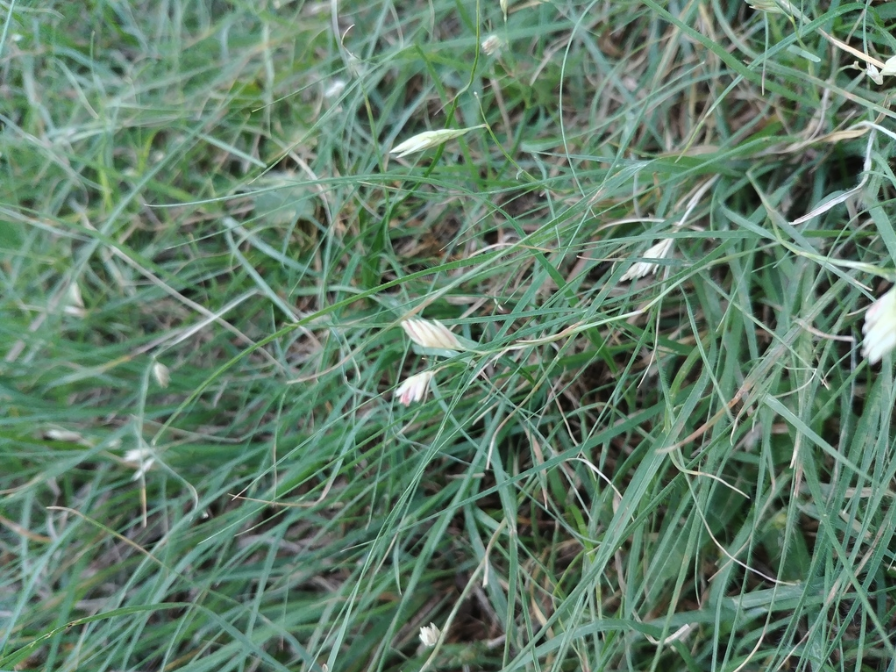
Buffalograss
Bouteloua dactyloides
Buffalograss is a perennial, native, low-growing, warm-season grass found in much of the central plains and intermountain regions of the United States. This versatile native specie can be used for man...
- Growing Region: Southwest, Intermountain West, Midwest
- Blooms:
- Life Form: Grass
- Application Type: Commercial Beautification, Erosion Control, Land Reclamation, Turf, Forage and Pasture
- Height: 1-3 ft
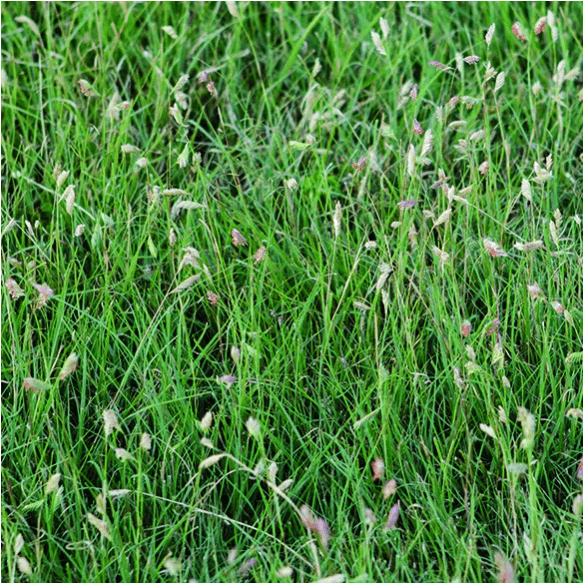
Buffalograss Blend
Buffalograss Blend
Dark green, fine textured blend of drought tolerant, warm season Buffalograss varieties. Uses less water and fertilizer, requires less mowing, and can be used in place of Bermudagrass for low maintena...
- Growing Region: Southwest, Southeast, Midwest
- Blooms:
- Life Form: Grass
- Application Type: Turf
- Height: 0-1 ft
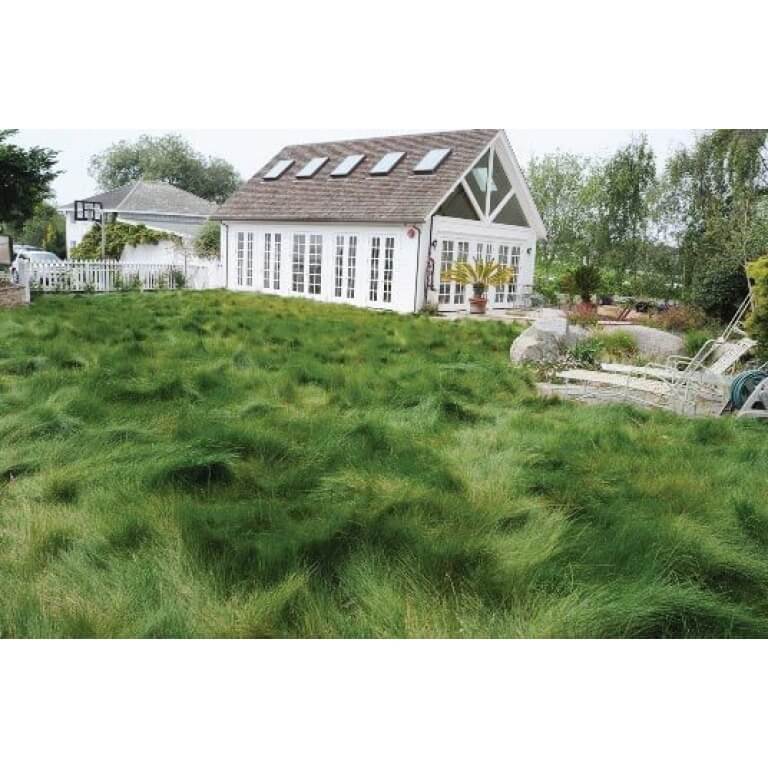
California Native Fescue Mix
Mix
A low maintenance compliment to natural landscapes. This versatile grass mixture can be maintained as a turf lawn or left unmowed.
- Growing Region: California
- Blooms:
- Life Form: Grass
- Application Type: Land Reclamation, Turf, Commercial Beautification, Erosion Control
- Height: 0-1 ft